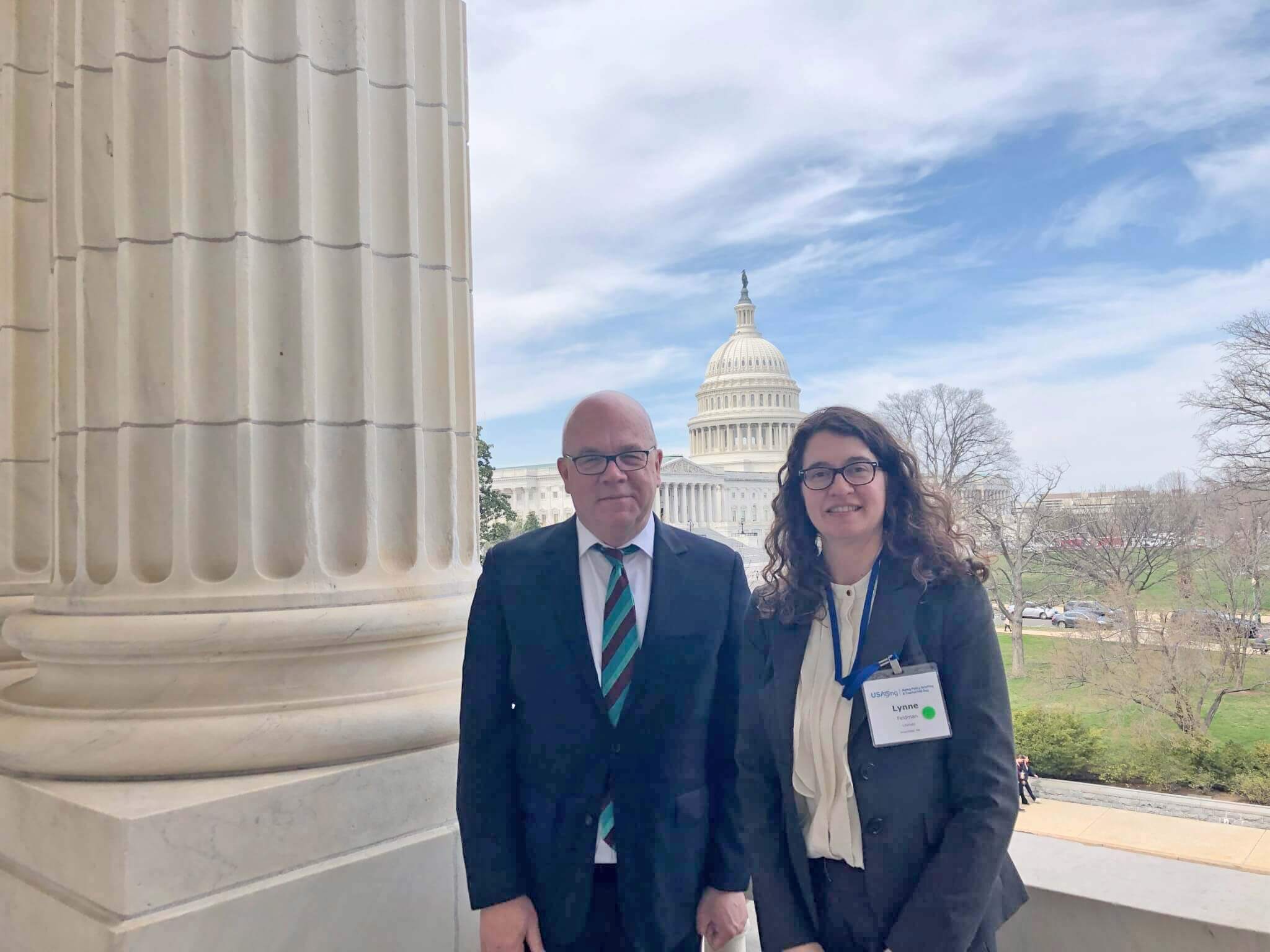
Older Americans Act Reauthorization and Funding
In 1965, President Lyndon Johnson enacted the Older Americans Act (OAA) to cater to the evolving needs of aging citizens. This legislation established a network of Area Agencies on Aging (AAAs), totaling 614 nationwide, empowered to allocate resources based on localized assessments of elder and caregiver needs. In Franklin County and the North Quabbin region,
